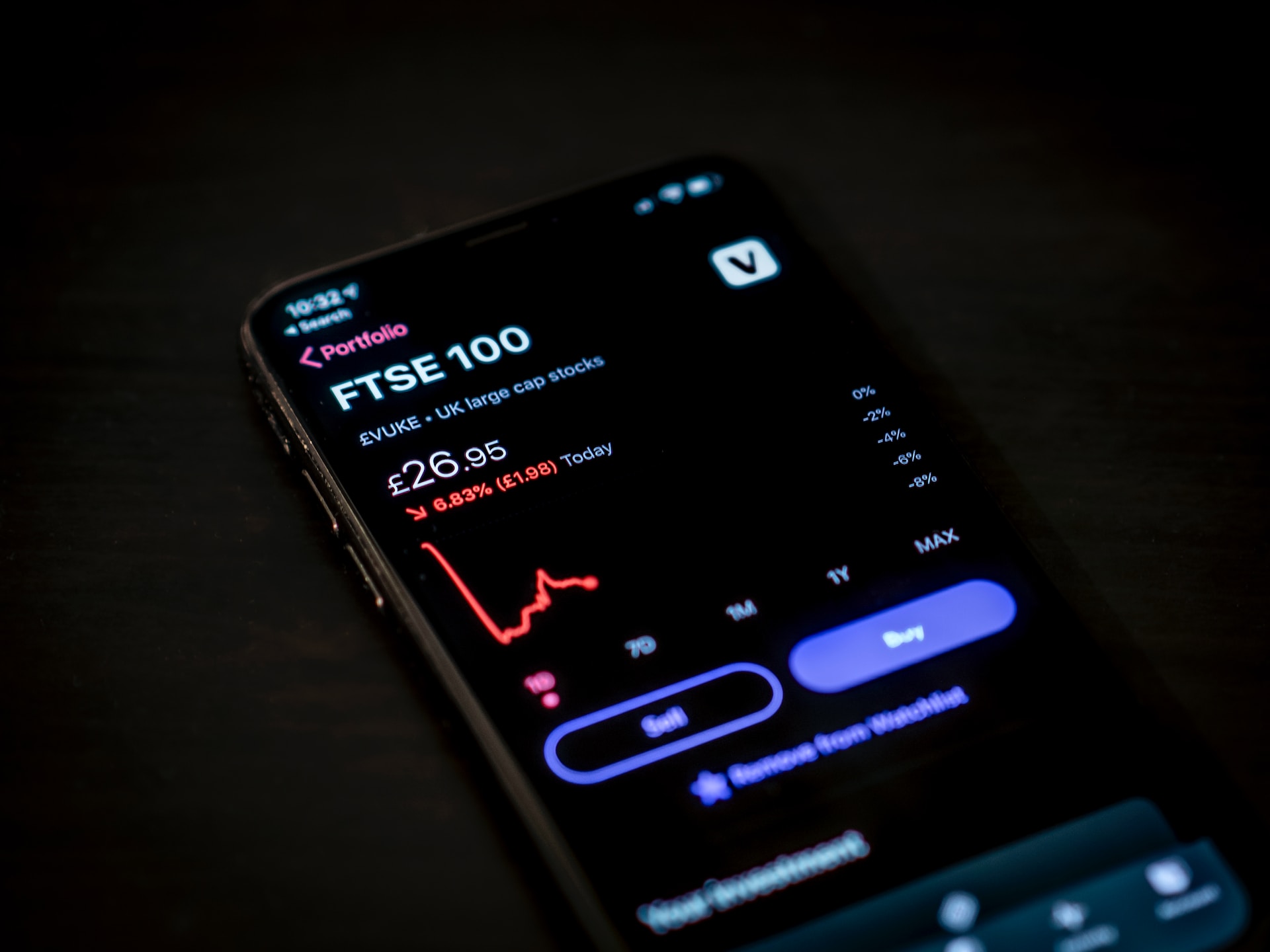Introduction:
Forex trading is one of the largest financial markets in the world, with a daily trading volume of over $5 trillion. With such a large market, there is always an opportunity to make a profit, but this also means that there is a high level of risk involved.
Risk management is a critical component of forex trading, and it is essential to understand its importance. In this article, we will discuss the importance of risk management in forex trading, the different types of risks involved, and how to manage them effectively.
The Importance of Risk Management in Forex Trading:
Forex trading is a risky activity, and it is essential to have a plan in place to manage the risks effectively. Risk management is the process of identifying, assessing, and controlling risks that may arise during the trading process.
The importance of risk management in forex trading cannot be overstated. Without proper risk management, traders can quickly lose their capital, and their trading career can come to an abrupt end. Effective risk management ensures that traders can avoid significant losses and stay in the market for the long haul.
Types of Risks in Forex Trading:
There are several types of risks involved in forex trading, and it is essential to understand them to manage them effectively.
1. Market Risk: Market risk is the risk of losses due to changes in the market. This type of risk is the most significant risk in forex trading and cannot be avoided entirely. However, it can be managed by using stop-loss orders and taking profits at predetermined levels.
2. Credit Risk: Credit risk is the risk of losses due to counterparty default. This type of risk can be managed by trading with reputable brokers and by diversifying your trading portfolio.
3. Operational Risk: Operational risk is the risk of losses due to errors, system failures, or other operational issues. This type of risk can be managed by using reliable trading platforms and having a backup plan in place.
4. Liquidity Risk: Liquidity risk is the risk of losses due to the inability to buy or sell an asset at the desired price. This type of risk can be managed by trading in liquid markets and avoiding illiquid assets.
Managing Risks in Forex Trading:
Managing risks in forex trading requires a well-thought-out plan and a disciplined approach. Here are some tips for managing risks effectively:
1. Set Stop-Loss Orders: Stop-loss orders are one of the most effective ways to manage market risk. They allow traders to limit losses by automatically selling a position if it reaches a predetermined level.
2. Diversify Your Portfolio: Diversification is an essential part of risk management. By diversifying your trading portfolio, you can spread your risk across multiple assets and reduce the impact of any single loss.
3. Use Reliable Trading Platforms: Using a reliable trading platform is critical for managing operational risk. A reliable platform will have robust security measures and backup systems in place to ensure that your trades are executed smoothly.
4. Keep Emotions in Check: Emotional trading is one of the most significant risks in forex trading. To manage this risk, traders should develop a disciplined approach to trading and avoid making impulsive decisions based on emotions.
Conclusion:
In conclusion, risk management is a critical component of forex trading. Without proper risk management, traders can quickly lose their capital and their trading career can come to an end. To manage risks effectively, traders must understand the different types of risks involved and use a disciplined approach to trading. By following the tips outlined in this article, traders can reduce their risks and increase their chances of long-term success in the forex market.
The Importance of Risk Management in Forex Trading






